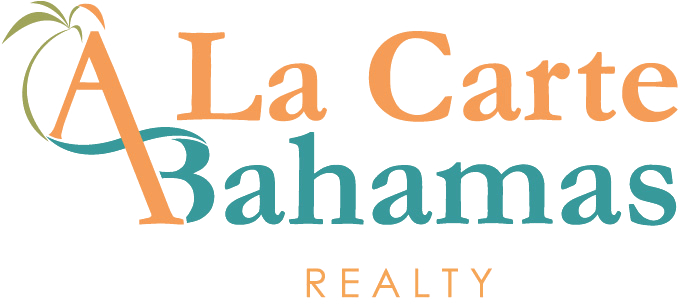Welcome to Grand Bahama! The fourth-largest island in the Bahamas and the most northern in the island chain. Grand Bahama is home to the second-largest city in the Bahamas, Freeport, where our close proximity to Florida makes it an important tourist destination.
Who Can Invest in the Bahamas? Anyone
The International Persons Landholding Act 1993 paves the way for foreigners or companies owned by them to purchase a second home in The Bahamas.
Is there Real Property Tax in the Bahamas? Yes, but not within the Freeport Bonded Area* on Grand Bahama.
There is new legislation regarding real property tax as of the 2018/2019 Bahamas Government Budget Communication.
Outside of Freeport, the real property rate of tax is as follows:
Owner-occupied property (owner resides and uses exclusively as a dwelling).
- 1st $250,000 of property value: Exempt
- Next $250,000 of property value: 0.625% of the next $250,000 of property value
- Above $500,000 of property value (balance): 1% of remaining part of value
Residential properties (has 4 units or less, and is used solely as a dwelling place)
- 1st $75,000 of property value: $300 flat fee
- Anything above first $75,000 of property value (balance): 0.625% of remaining property value
Commercial properties (above 4 units even if used as a dwelling place)
- 1st $500,000 of property value: 0.75% of property value
- Anything above $500,000 (balance): 2% of remaining property value
Vacant land for foreigners
- 1st $7,000 of property value: $100 flat fee
- Anything above $7,000, will pay 2% of remaining property value
The annual real property tax payable in respect of undeveloped land owned by non-Bahamians where the market value exceeds $7,000.00 has increased from 1.5% to 2%.
The Hawksbill Creek Agreement is an agreement signed in 1955 between the Government of the Bahamas and Wallace Groves to establish and develop a city and free trade zone on the island of Grand Bahama. Its intent was to stimulate economic development in the area. The Grand Bahama Port Authority was created to develop and manage the land and as a result the city of Freeport was conceived, planned and developed. To encourage investment, the agreement allows the Grand Bahama Port Authority quasi governmental authority over Freeport in addition to paying no taxes on income, capital gains, real property, and private property.

